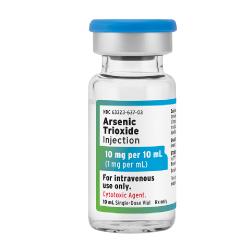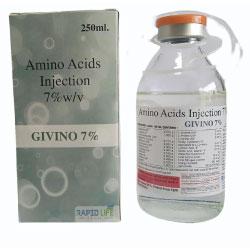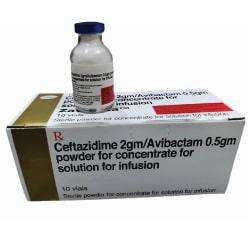Description
A particular tyrosine kinase inhibitor called Erlotinib tablets is prescribed to treat non-small cell lung cancer (NSCLC) and pancreatic cancer.
It is specifically used to treat non-small lung cancer that has spread metastatically and locally after at least one previous chemotherapy treatment has failed.
It’s also utilized for non-small cell lung cancer that has progressed to other parts of the body and contains either an EGFR exon 21 deletion substitution mutation or an EGFR exon 19 deletion replacement mutation.
Patients may use this drug in conjunction with gemcitabine as a first-line treatment for both locally progressed and metastatic non-small lung cancer.
Dosage and Side Effects
Since Erlotinib (150 mg) is designed to act in a systematic manner by dispersing throughout the body through the bloodstream, it is best administered orally.
It should be taken every day at the same time, with or without food, for optimal benefits. Never attempt to chew on these tablets; instead, split or crush them before swallowing.
The course of treatment should be followed until the condition worsens or a toxic level is reached that is intolerable.
Fatigue, appetite loss, partial hair loss, diarrhea, mouth sores, vomiting, rashes, weight loss, dry skin, eye irritation, weight drop, infection, edema, pyrexia, constipation, bone pain, dyspnea, stomatitis, and myalgia are among the most frequent adverse events.
A few uncommon side effects, including skin toxicity and eye disorders, could also manifest.
FAQ's
What type of medication is Erlotinib?
Erlotinib belongs to the class of drugs known as receptor tyrosine kinase inhibitors, targeting the epidermal growth factor receptor (EGFR).
When was Erlotinib tablets authorized for medical use?
In the United States, Erlotinib tablets received approval for medical use in 2004.
What are the purposes of Erlotinib?
Erlotinib, an FDA-approved medication, is utilized in treating non-small cell lung cancer (NSCLC) and pancreatic cancer.






